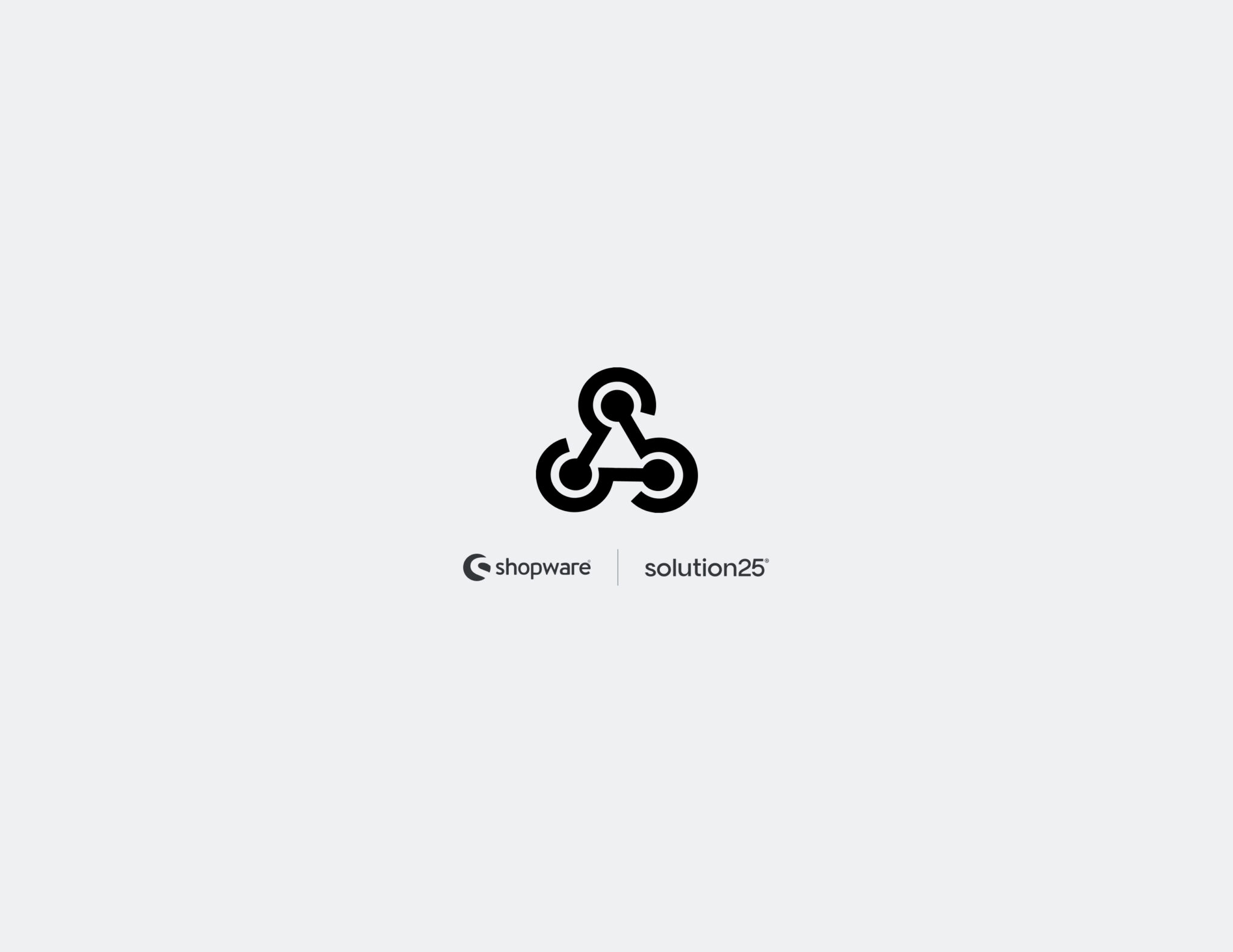Shopware Platinum Partner
200+ Projects
75+ Experts
Shopware Platinum Partner
200+ Projects
75+ Experts

Maintaining a responsive and flexible storefront in modern e-commerce systems depends critically on real-time communication and system extensibility. Through its event system and webhooks, Shopware 6, a potent open-source e-commerce framework, provides strong means for managing such needs. These tools let store owners and developers effectively react to system events, automatically run business logic, and easily link outside services.
This guide offers a conceptual and pragmatic summary of Shopware 6’s webhooks and the event system. It seeks to define how these systems operate, how they vary, and how one might use them to create scalable, responsive applications and processes.
This handbook is specifically for:
Knowing Shopware’s event system and webhook capabilities helps you whether your goal is to hook into user registration flows, automate emails on product stock changes, or send order updates to an ERP. You will find the starting point in this article.
Webhooks and the event system are absolutely fundamental for the extensibility and integration capacity of Shopware 6. Along with modular interaction among platform components, these systems allow real-time communication between Shopware and outside services.
Webhooks are HTTP callbacks set off by particular system events—such as customer registration or order placed. When such an event happens, Shopware delivers a payload to a set URL so that outside systems may react instantly.
Conversely, the event system is an internal mechanism operating under the publisher-subscriber (Pub/Sub) model. It lets developers hook into the lifecycle of fundamental operations (such as entity saving or payment processing), so enabling custom logic to run free from changing the core codebase.
By keeping components loosely connected and decoupling services, these systems support a scalable and clean architecture.
Shopware 6’s event system and webhooks offer developers and retailers several advantages:
Shopware 6 offers an organized and well-documented method for implementing event-driven development and webhooks:
checkout.order.placed , developers can either manually define custom webhooks in plugin code or register them using the Admin API.Shopware 6 is a strong platform for dynamic e-commerce environments because of these solutions, which enable significant customization and integration with little overhead.
Make sure your development and production environments meet the technical requirements before deploying and utilizing Webhooks & the Event System in Shopware 6. When expanding Shopware’s core features, these specifications aid in ensuring system compatibility, performance, and security.
In order to utilize webhooks and the event system efficiently, developers need to possess:
POST requests.All standard versions of Shopware 6 support the event system and webhooks, but the following version is advised for best performance, access to the newest features, and stability enhancements:
Versions 6.4 and higher guarantee improved stability, performance, and feature completeness for contemporary integrations, while previous versions (such as 6.3.x) support essential event mechanisms.
To guarantee optimum performance and preserve compatibility with Shopware’s underlying Symfony framework:
curl , json , mbstring , openssl , pdo , xml , zip , intlIt is also recommended to allocate at least 2 GB of memory to the PHP process and ensure that Composer is installed for managing dependencies during plugin or custom service development.
To utilize Webhooks & the Event System effectively in Shopware 6, developers and store owners can install either custom-built or third-party plugins that extend these functionalities. Shopware’s plugin architecture makes it straightforward to manage such extensions directly from the administration interface or via the Shopware Store.
There are two primary locations where you can locate and install plugins related to webhooks and event handling:
For custom functionality, developers may also upload their own plugins as .zip packages or develop them within the /custom/plugins directory of their Shopware installation.
For manually developed plugins:
/custom/plugins/YourPluginName .bin/console plugin:refresh , then install & activate it.After activation:
POST .var/log/ or the plugin’s logs for errors.curl .bin/console debug:event-dispatcher <event> .Q: Can I trigger webhooks for custom events?
A: Yes. Dispatch custom events in your plugin and subscribe or send webhooks accordingly.
Q: How do I confirm delivery?
A: Check your endpoint logs or use logging inside the plugin; many plugins store delivery status.
Q: Do webhooks retry automatically?
A: Only if the plugin implements retries otherwise build your own logic.
Q: Can I test locally?
A: Yes expose localhost with ngrok or use Webhook.site.
Q: Is a paid plugin required?
A: No basic functionality can be built with custom code or free plugins.